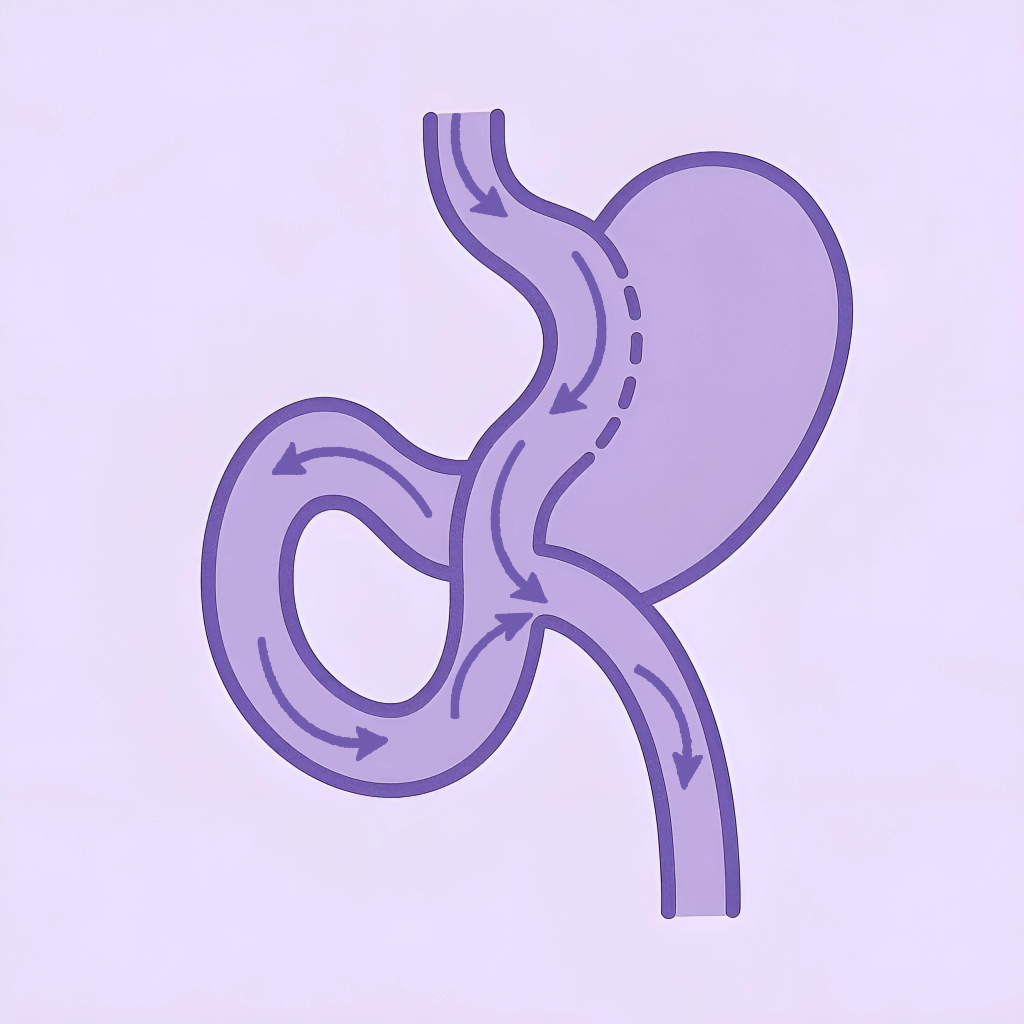Analfistel






Eine Analfistel ist ein abnormaler Tunnel in der Nähe des Anus, der mit einer Fistelotomie, Seton-Platzierung, Lasertherapie oder rekonstruktiver Chirurgie behandelt wird.
Übersicht
Eine Analfistel ist ein abnormaler Tunnel, der sich zwischen dem Analkanal und der Haut in der Nähe des Anus bildet. Sie entwickelt sich häufig aufgrund eines unbehandelten Analsabszesses, was zu Schmerzen, Schwellungen und wiederkehrenden Infektionen führt. In einigen Fällen können Fisteln auch mit anderen Organen wie der Vagina oder den Harnwegen verbunden sein.
Da Analfisteln nicht von selbst heilen, ist ein chirurgischer Eingriff erforderlich. Die Behandlungsoptionen variieren je nach Komplexität der Fistel und können eine Fistulotomie, Seton-Platzierung, Lasertherapie oder rekonstruktive Chirurgie umfassen. Personen mit Erkrankungen wie Morbus Crohn, Kolitis, chronischem Durchfall oder einer Geschichte von Rektumkrebsbehandlungen haben möglicherweise ein höheres Risiko, eine Analfistel zu entwickeln.
Wann wird eine Operation empfohlen?
Eine Analfistel-Operation wird für Personen empfohlen, die anhaltende Schmerzen, Ausfluss oder wiederkehrende Infektionen haben, die nicht mit Medikamenten oder anderen Behandlungen heilen. Wenn die Fistel komplex wird oder die Kontrolle über den Stuhlgang beeinträchtigt, kann ein chirurgischer Eingriff notwendig sein, um weitere Komplikationen zu vermeiden.
Eine Operation ist auch erforderlich, wenn die Fistel zur Bildung von Abszessen, Schwellungen oder Schwierigkeiten beim Sitzen und Bewegen führt. Da Analfisteln selten von selbst heilen, ist eine chirurgische Behandlung die effektivste langfristige Lösung, um die normale Funktion wiederherzustellen und ein Wiederauftreten zu verhindern.
Verfahrensdetails
Die Operation zur Behandlung einer Analfistel wird je nach Schwere und Komplexität der Erkrankung mit unterschiedlichen Techniken durchgeführt.
Fistulotomie: Die Fistel wird geöffnet und abgeflacht, um von innen nach außen zu heilen. Dies ist in der Regel ein ambulantes Verfahren, bei dem die Patienten noch am selben Tag nach Hause gehen können.
Seton-Platzierung: Ein Faden oder Gummiband (Seton) wird in die Fistel eingesetzt, um den Abfluss zu ermöglichen und eine allmähliche Heilung zu fördern, wodurch das Risiko der Inkontinenz verringert wird.
Füllung mit medizinischem Kleber oder Plug: Der innere Eingang der Fistel wird verschlossen, und der Tunnel wird mit einem biologisch abbaubaren Material gefüllt, das der Körper im Laufe der Zeit absorbiert.
Lasertherapie: Eine Laser-Sonde wird verwendet, um den Fistelkanal zu verschließen, was eine minimalinvasive Option mit schnellerer Erholung darstellt.
Rekonstruktive Chirurgie: In einigen Fällen sind fortschrittliche chirurgische Techniken wie eine gestaffelte Operation oder eine Fortschrittstransplantation erforderlich, um die Fistel zu reparieren und gleichzeitig die Funktion des Schließmuskels zu erhalten.
Erholung
Die Heilung nach einer Analfistelschirurgie variiert je nach verwendeter Behandlungsmethode. Die meisten Patienten erleben anfangs leichte Beschwerden und Absonderungen, die sich mit der Zeit bessern. Schmerzen können mit Medikamenten, Sitzbädern und einer ordnungsgemäßen Wundpflege behandelt werden.
Wir bieten personalisierte Nachsorgeanweisungen, einschließlich Empfehlungen zur Hygiene, Ernährungsanpassungen und Aktivitätsmodifikationen. Regelmäßige Nachuntersuchungen helfen, den Heilungsfortschritt zu überwachen und Rückfälle zu verhindern. Es wird empfohlen, Verstopfung zu vermeiden, auf eine ordnungsgemäße Hygiene zu achten und den medizinischen Rat für den langfristigen Erfolg zu befolgen.
Haben Sie Fragen zu Ihrer Behandlung?

Häufig gestellte Fragen
Hier finden Sie klare Antworten auf die am häufigsten gestellten Fragen.
Benötigen Sie individuelle Unterstützung? Kontaktieren Sie uns über WhatsApp – wir antworten in der Regel innerhalb weniger Minuten.
In welchen Operationen ist Dr. Gül spezialisiert?
Warum die Türkei für chirurgische Eingriffe wählen?
Wie lange dauert die Genesung nach den meisten Operationen?
Welche bariatrischen Verfahren werden in der Klinik angeboten?
Wie viel Gewicht kann ich nach einer bariatrischen Operation erwarten, zu verlieren?
Welche Sprachen spricht Dr. Gül und sein Team?
Muss ich nach einer bariatrischen Operation Nahrungsergänzungsmittel einnehmen?
Deckt die Versicherung diese Verfahren ab?
Kann ich Behandlung mit einer Reise in die Türkei kombinieren?
Welche Unterstützung ist nach der Operation verfügbar?
Unsere Expertise

Hülsengastrektomie
Minimalinvasive Operation zur langfristigen Gewichtsreduktion mit einem einfachen Verfahren und ohne Umleitung.

Mini-Magenbypass
Einfacherer, weniger invasiver Magenbypass für signifikante Gewichtsabnahme und Diabeteskontrolle.

Magenballon
Eine nicht-chirurgische, vorübergehende Option zur moderaten Gewichtsabnahme ohne bleibende Magenveränderungen.
Folgen Sie Dr. Gül auf Instagram





